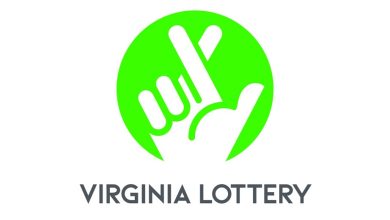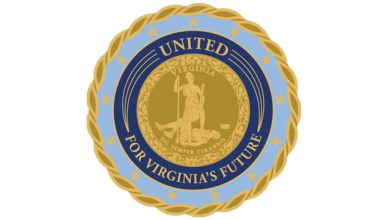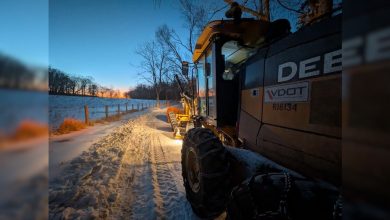Virginia
Gov. Youngkin signs legislation investing in school renovations, expansions across Virginia
Gov. Glenn Youngkin has signed legislation that he feels will put students first and improve schools throughout the Commonwealth.
The School Construction Fund and Program will secure $400 million in grants, which will then be distributed based on student enrollment and local needs, according to a press release published by the governor’s office.
The legislation will also bring $450 million in loans to Virginia to build new school facilities and expand existing ones.
Additionally, the Literary Fund will provide $400 million in loans for the construction and renovation of public elementary and secondary school buildings in the Commonwealth.




